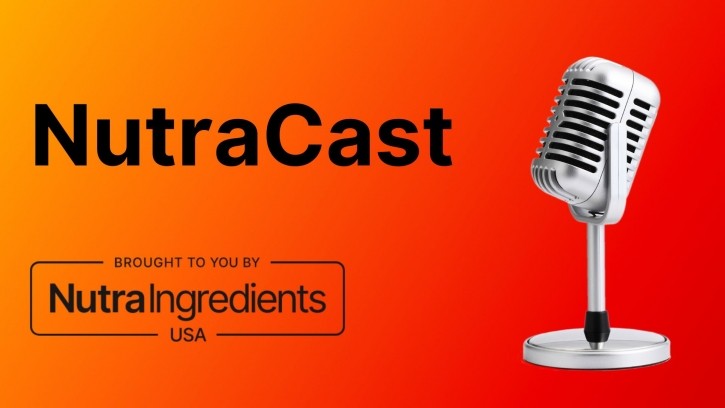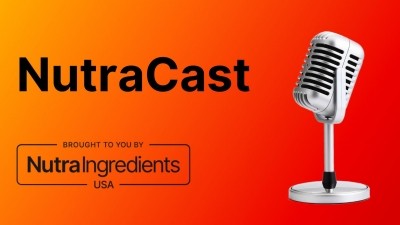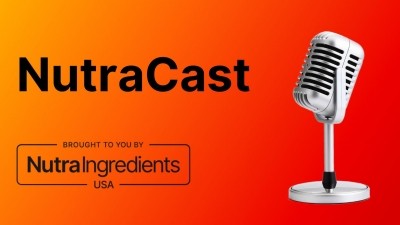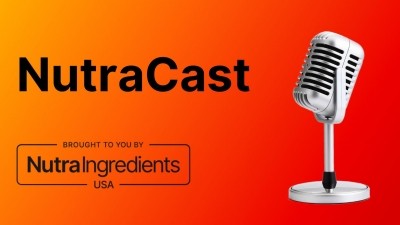NutraCast: Are energy drinks under attack? FoodChain ID weighs in

FoodChain ID is a company that works with over 30,000 other companies across the global supply chain, with technology-enabled solutions and expertise to keep the dietary supplement, food and cosmetics supply chain safe and transparent. FoodChain ID primarily supports manufacturers with its regulatory database.
“So if a manufacturer wants to actually read the regulations, they can in this regulatory database. We have something we call regulatory trends, which is more looking on the horizon to see what's coming up. It contains not just the regulations, but media sources and what people are talking about. And then finally, there's the consulting piece where people might have questions about the gray areas, or might want a second opinion regarding their policy. So those are three ways that we currently provide support to the manufacturers,” explained Laine Groninger, FoodChain ID’s director of subject matter expert operations.
While some states have imposed age restrictions, enforcement has proven to be difficult. Another challenge is simply defining energy drinks, since so many beverages contain caffeine.
Last July, Chuck Schumer called for an investigation into Prime Energy concerning its caffeine content and what he calls ‘marketing to kids.’
“I do think the scrutiny on marketing is fair. I think many energy drinks make the news for caffeine amounts that are not excessive, but perhaps somebody has consumed it in an irresponsible way or perhaps they just didn't know how much caffeine they could handle and they ended up having side effects that the general population may not experience. And so that I don't want to say anecdotal evidence, but that trend where some people have those symptoms sometimes skews the picture of how the general public responds to energy drinks like Prime or other caffeinated beverages that had the same amount of caffeine,” explained Danielle Robertson Rath, FoodChain ID staff consultant. “I just think it's tricky because technically speaking, scientifically speaking, the amount of caffeine in products like Prime is not scientifically excessive.”
To hear more on caffeine regulations in other countries, the psychology behind consumption and if these experts anticipate nationwide bans, listen to the NutraCast.
If you enjoy listening to the NutraCast, feel free to leave a review. You can subscribe on iTunes, Spotify, Stitcher or wherever you get your podcasts.















